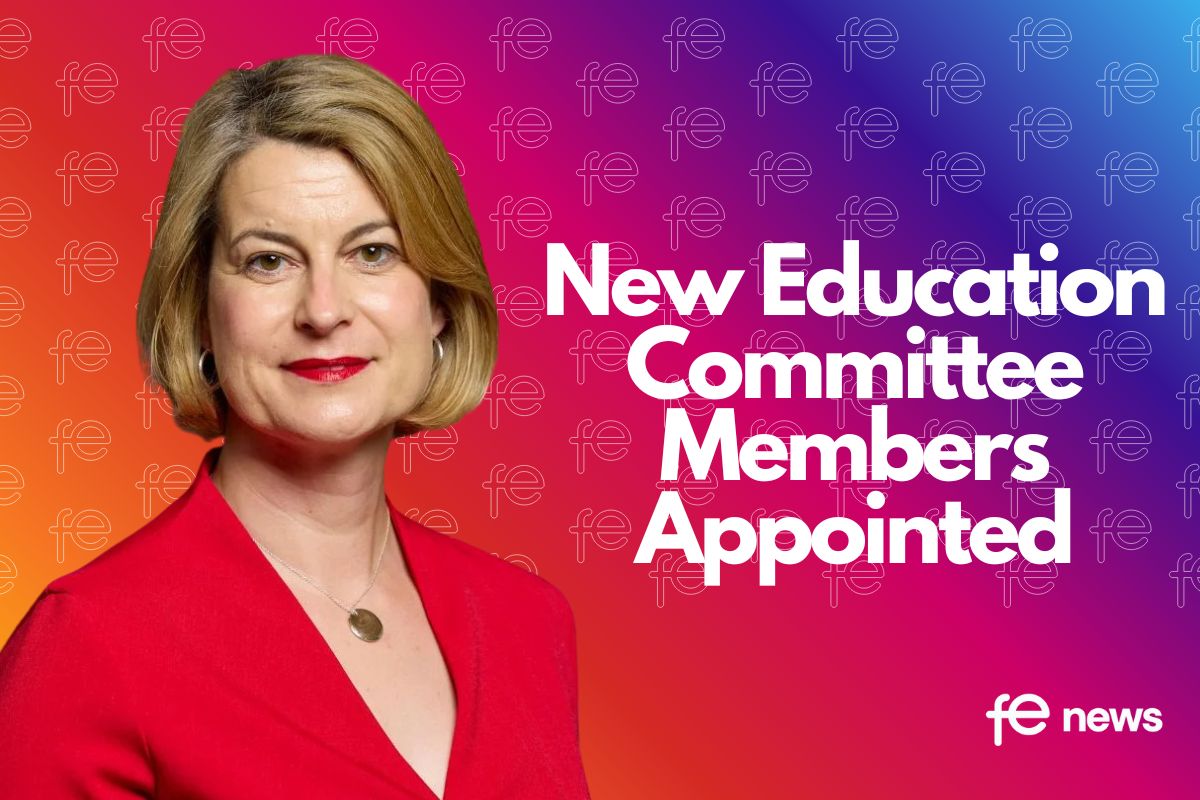New common #EQA Framework: Giving confidence to apprentices, employers and society

Apprenticeship reform
The Government embarked on reform of apprenticeships in 2013 with the objective of providing young people and re-skilling adults with an apprenticeship programme for all industry sectors from Level 2 to Level 6 and in some cases beyond.
By doing this the UK was the first economy in the world to attempt to cover all sectors with apprenticeship entry and progression routes.
An ambition which addresses the major skills challenges posed by the digital and AI economy.
Confidence in quality
Critical to success is that employers, as well as apprentices and their families must have confidence in ‘quality’. The employer must have confidence in the person they are appointing and the person, who has successfully completed their apprenticeship, must have confidence in themselves.
A confidence that will hopefully support them in further developing their careers and continuing to learn through-out their working lives.
This ability to continue to learn and ‘re-invent’ yourself will be an essential employability skill in the rapidly changing world economy. Also important will be guaranteeing equality of access to apprenticeships for all in our society so we can tap into a diverse range of talent.
Stringent and robust regime
Robust and reliable independent end-point assessment (EPA) of apprenticeships was enshrined in Government legislation, as only the second country on the planet to adopt this stringent regime to the assurance of consistent quality. All this to be underpinned by the validity of assessment instruments designed with the relevant industry.
A significant number of Independent end-point assessment organisations (EPAOs) have now been approved by the ESFA on the Government’s Register to undertake the formal assessment of apprentices at the end of their formal and on-the-job training.
To oversee and audit these EPAOs the Government proposed that employers could decide from four options for the appointment of external quality assurance providers (EQAPs).
A better way
Whilst welcoming employers’ engagement and input of expertise in EQA, in practice we have found the EQA approach in its current guise has not proved to be efficient, consistent, reliable and manageable. The approval to be an EPAO has had similar issues.
As a leading education and skills charity, focused on helping learners and apprentices to reach their potential, NOCN has been saying for a number of years that there must be a better way.
It has been, what seems to be, a long journey to see change come about. But I’m delighted to say that the Institute for Apprenticeships and Technical Education’s (the Institute’s) new common EQA Framework, published on 26 June, provides the platform for giving employers, apprentices, their families and society the confidence needed.
New #EQA Framework for #Apprenticeships fit for a groundbreaking quality assurance regime, says Alex Morris @IFAteched #EPA https://t.co/3AgQzREtS5
— FE News (@FENews) June 27, 2019
 As Sir Gerry says in his introduction:
As Sir Gerry says in his introduction:
“We will establish and sustain an evidence-led and effective EQA service that drives-up the quality of end-point assessments through continuous improvement. EQA will elevate the reputation of apprenticeships in England, reassuring society, and particularly employers, that apprenticeships are high-quality and credible, and those who complete an apprenticeship are occupationally competent.”
The EQA Framework sets out 5 key principles we can all sign-up to:
- Relevant
- Reliable
- Efficient
- Positive, and
- Learning
There is clarity across all sectors of how monitoring will be undertaken in an efficient and effective way. EPAOs will understand what is good, bad and indifferent, rather than have to work it out for themselves. There is also a mechanism for resolving differences and conflicts.
Feedback on assessment plans
As a leading education and skills charity, focused on helping learners and apprentices to reach their potential, NOCN particularly welcomes section 6, which provides for feedback on assessment plans. Keeping these up to date through the ‘maintenance’ process will be critical as technological change keeps endlessly rolling on.
As well as the digital and AI pressure for updating, there has been a lot of debate over the last few years that some assessment plans needed basic improvement to ensure quality. The new feedback mechanism will give EPAOs and EQAPs a formal constructive way of doing this.
For the first time awarding and assessing bodies (EPAOs) will themselves be graded on a four-point scale.
The audits undertaken by the EQAPs will be based on a risk assessment, which starts when the EPAO goes on the Register. Not a bad thing for the assessors to also be independently assessed! NOCN believes this mechanism will help to drive up quality in apprenticeships, resulting in improved confidence.
We should all welcome this new framework and support the Institute in making it work for the apprentices, the employers, families and the economy. It is a great step forward.











Responses